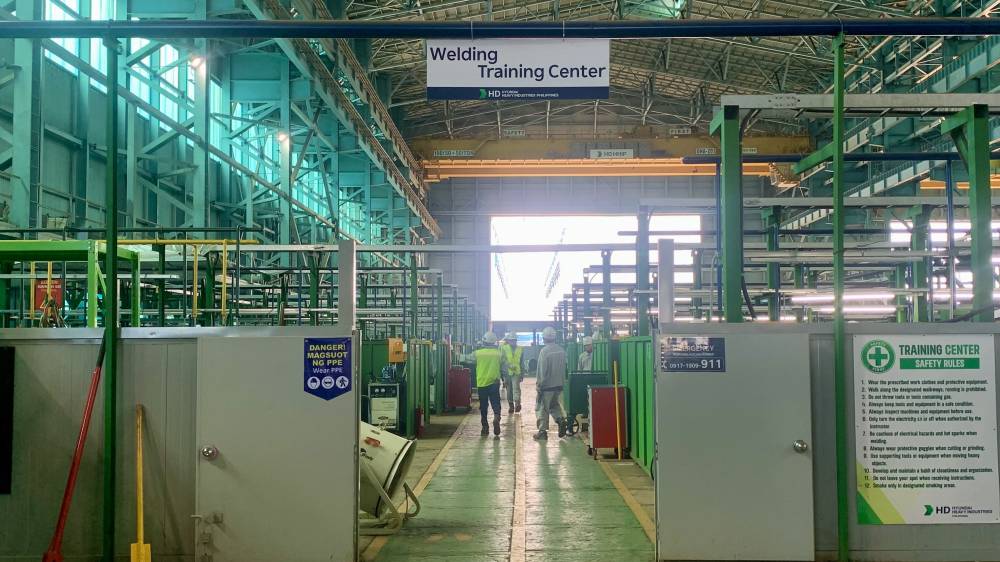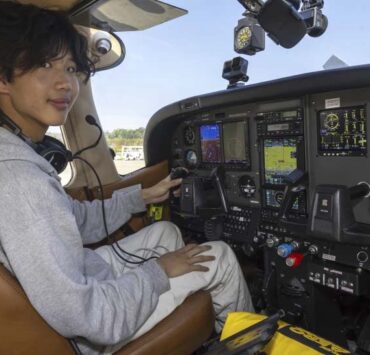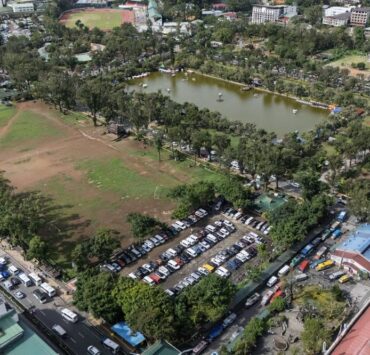‘None of the above’ option in BARMM polls questioned

Civil society monitors and officials of the Commission on Elections (Comelec) have noted several critical issues that need to be addressed in relation to the first parliamentary election in the Bangsamoro Autonomous Region in Muslim Mindanao (BARMM) on Oct. 13.
Primary among these is the “none of the above” option on the ballot for the regional polls, both for one’s choice for parliamentary district representative and for political party.
During a dialogue with Comelec officials on Tuesday, attended by Chair George Garcia and five commissioners, the Independent Election Monitoring Center (IEMC), an accredited poll watchdog in the BARMM, pointed out that the Bangsamoro Electoral Code and its implementing rules and regulations lack clear guidelines on the implications if “none of the above” secures a majority vote.
Article VII, Chapter 1, Section 14 (c) of the code states: “As far as practicable, the official ballots for the BARMM Elections shall include, aside from the name of all candidates, each candidate’s photo/logo and a ‘None of the Above’ option.”
“The Comelec, through the BEO (Bangsamoro Electoral Office), shall take efforts to ensure that the Bangsamoro people are aware of all candidates running for elections in BARMM,” it added.
The code, which was firmed up by the BARMM parliament in March 2023, will govern the conduct of the regional election.
The IEMC called on Comelec and the parliament to jointly clarify and resolve this issue to prevent potential election failures.
The “none of the above” option complicates the 4-percent vote threshold required for political parties to qualify for the 40 party list seats, IEMC added.
Under the Bangsamoro Organic Law, the 80-seat regional legislature will be composed of 40 party representatives, 32 representatives from parliamentary districts and eight sectoral representatives.
In the region’s electoral code, only parties that get at least 4 percent of valid votes are eligible to be allocated seats out of the 40 available.
“This could significantly affect the results if more than 50 percent of voters choose not to vote for any candidate or simply opt for ‘none of the above’ due to being undecided,” Garcia said, adding that if such a scenario occurs, it could prevent the full allocation of the 40 seats reserved for party representatives.
“We only became aware of this major issue yesterday, but we believe it can be addressed through extensive voter education emphasizing the importance of selecting a candidate,” Garcia told the Inquirer on Tuesday, after the dialogue with IEMC.
‘Extremely urgent’
On Wednesday, Garcia told reporters that the poll body would hold an “extremely urgent” meeting order to discuss the “problems” on the “none of the above” option in the ballot.
The meeting will involve the seven political parties in the BARMM, National Citizens’ Movement for Free Elections, Parish Pastoral Council for Responsible Voting, and Legal Network for Truthful Elections, as well as other groups.
“We need to present to them this issue in order to get their opinions and to explain that this is not the fault of the [Comelec],” Garcia said.
He said the Comelec would like to avoid being accused of “creating” or “amending” the law. The poll body, he said, would seek the opinion of political parties before drafting the guidelines on this matter.
“The ‘none of the above’ is a candidate by itself. And therefore, for purposes of computing, in terms of how many voted for a district representative, and how many voted for a political party, the ‘none of the above’ is included in the computation. It cannot be ignored as a stray vote,” Garcia said.
IEMC also noted the lack of guidelines on how to convene the assemblies to elect sectoral representatives. Of eight sectoral representatives, two are for non-Moro indigenous peoples, two for settler communities, and one each for women, youth, traditional leaders and ulama.
These issues cropped up as the Comelec had gone full blast in poll preparations. On Wednesday, the election period in the BARMM had set in with, among others, the gun ban in effect.

















